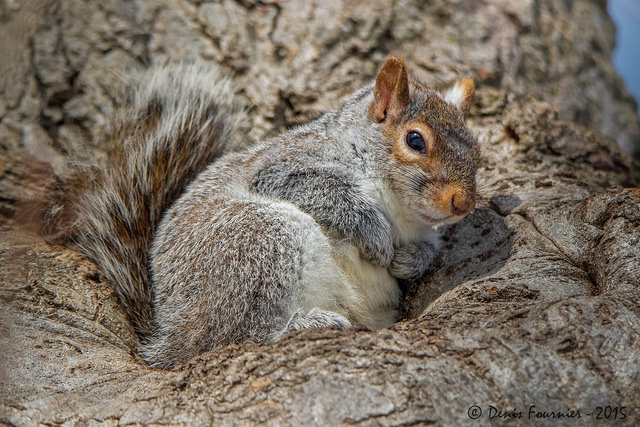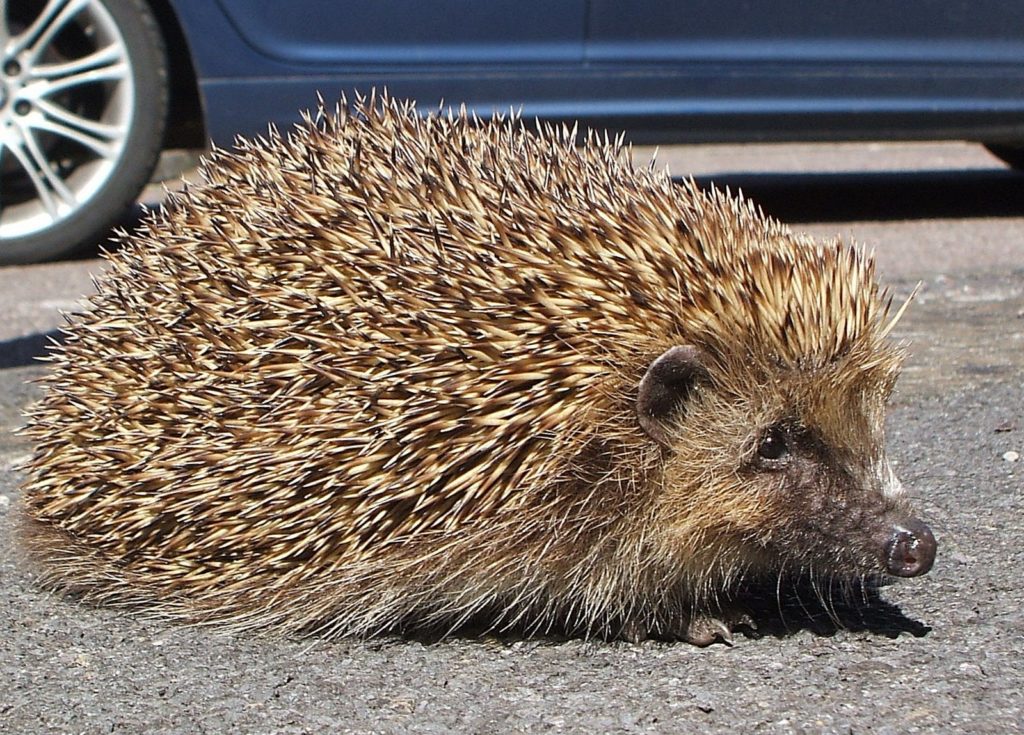The Guardian reports rewilding projects reveal rare species preserved in buried ancient wetlands. Botanists believe that this will lead to new plant discoveries; seeds can survive for centuries under layers of leaves and mud so once they are given water and exposed to sunlight the plants will grow.
Already, six plants of the endangered wetland flower grass-poly have been found at the edge of an old cattle-watering pond on the Heydon estate in north Norfolk. The species had not been seen in the county since the early 1900s.


